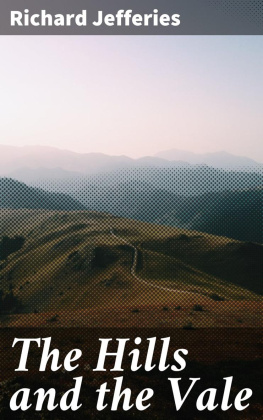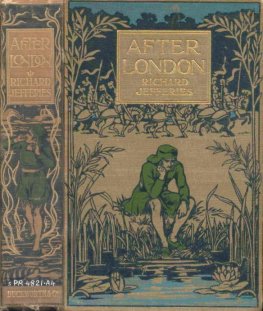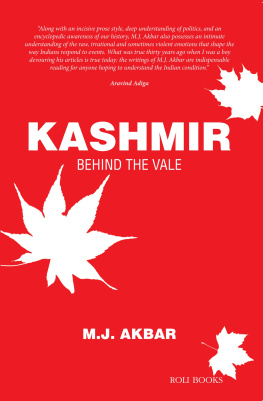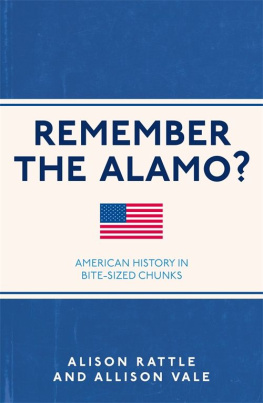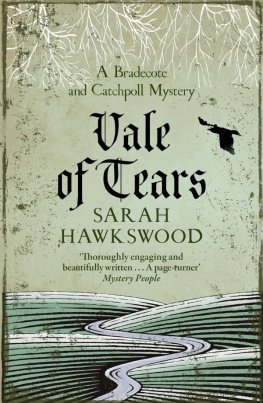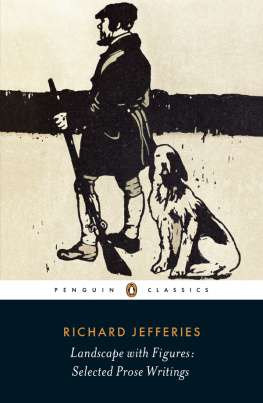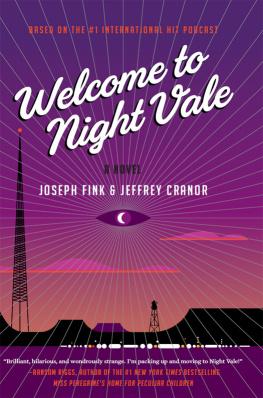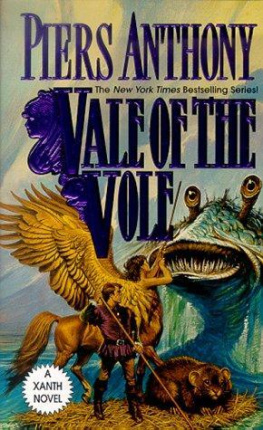INTRODUCTION
Table of Contents
This book consists of three unpublished essays and of fifteen reprinted from Longman's Magazine, Fraser's Magazine, the New Quarterly, Knowledge, Chambers's Magazine, the Graphic, and the Standard, where they have probably been little noticed since the time of their appearance. Several more volumes of this size might have been made by collecting all the articles which were not reprinted in Jefferies' lifetime, or in 'Field and Hedgerow' and 'Toilers of the Field,' shortly after his death. But the work in such volumes could only have attracted those very few of the omnivorous lovers of Jefferies who have not already found it out. After the letters on the Wiltshire labourer, addressed to the Times in 1872, he wrote nothing that was not perhaps at the time his best, but, being a journalist, he had often to deal immediately, and in a transitory manner, with passing events, or to empty a page or two of his note-books in response to an impulse assuredly no higher than habit or necessity. Many of these he passed over or rejected in making up volumes of essays for publication; some he certainly included. Of those he passed over, some are equal to the best, or all but the best, of those which he admitted, and I think these will be found in 'The Hills and the Vale.' There are others which need more excuse. The two early papers on 'Marlborough Forest' and 'Village Churches,' which were quoted in Besant's 'Eulogy,' are interesting on account of their earliness (1875), and charming enough to please those who read all Jefferies' books. 'The Story of Swindon,' 'Unequal Agriculture,' and 'Village Organization,' will be valued for their matter, and because they are examples of his writing, and of his interests and opinions, before he was thirty. That they are partly out of date is true, but they are worth remembering by the student of Jefferies and of his times; they do credit to his insight and even to his foresight; and there is still upon them, here and there, some ungathered fruit. The later agricultural articles, 'The Idle Earth,' 'After the County Franchise,' and 'The Wiltshire Labourer,' are the work of his ripe years. There were also several papers published not only after his death, but after the posthumous collections. I have included all of these, for none of them needs defence, while 'Nature and Eternity' ranks with his finest work. The three papers now for the first time printed might have been, but are not, admitted on that ground alone. 'On Choosing a Gun' and 'Skating' belong to the period of 'The Amateur Poacher,' and are still alive, and too good to destroy. 'The Dawn' is beautiful.
Among these eighteen papers are examples from nearly every kind and period of Jefferies' work, though his earliest writing is still decently interred where it was born, in Wiltshire and Gloucestershire papers (chiefly the North Wilts Herald), except such as was disinterred by the late Miss Toplis for 'Jefferies Land,' 'T.T.T.,' and 'The Early Fiction of Richard Jefferies.' From his early youth Jefferies was a reporter in the north of Wiltshire and south of Gloucestershire, at political and agricultural meetings, elections, police-courts, markets, and Boards of Guardians. He inquired privately or officially into the history of the Great Western Railway works at New Swindon, of the local churches and families, of ancient monuments, and he announced the facts with such reflections as came to him, or might be expected from him, in newspaper articles, papers read before the Wiltshire Archological Society, and in a booklet on 'The Goddards of North Wilts.' As reporter, archologist, and sportsman, he was continually walking to and fro across the vale and over the downs; or writing down what he saw, for the most part in a manner dictated by the writing of other men engaged in the same way; or reading everything that came in his way, but especially natural history, chronicles, and Greek philosophy in English translations. He was bred entirely on English, and in a very late paper he could be so hazy about the meaning of 'illiterate' as to say that the labourers 'never were illiterate mentally; they are now no more illiterate in the partial sense of book-knowledge.' He tried his hand at topical humour, and again and again at short sensational tales. But until he was twenty-four he wrote nothing which could have suggested that he was much above the cleverer young men of the same calling. There was nothing fine or strong in his writing. His researches were industrious, but not illuminated. If his range of reading was uncommon, it gave him only some quotations of no exceptional felicity. His point of view could have given no cause for admiration or alarm. And yet he was not considered an ordinary young man, being apparently idle, ambitious, discontented, and morose, and certainly unsociable and negligently dressed. He walked about night and day, chiefly alone and with a noticeable long stride. But if he was ambitious, it was only that he desired successthe success of a writer, and probably a novelist, in the public eye. His possessions were the fruits of his wandering, his self-chosen books and a sensitive, solitary temperament. He might have been described as a clever young man, well-informed, a little independent, not first-rate at shorthand, and yet possibly too good for his place; and the description would have been all that was possible to anyone not intimate with him, and there was no one intimate with him but himself. He had as yet neither a manner nor a matter of his own. It is not clear from anything remaining that he had discovered that writing could be something more than a means of making party views plausible or information picturesque. In 1867, at the age of nineteen, he opened a description of Swindon as follows:
'Whenever a man imbued with republican politics and progressionist views ascends the platform and delivers an oration, it is a safe wager that he makes some allusion at least to Chicago, the famous mushroom city of the United States, which sprang up in a night, and thirty years ago consisted of a dozen miserable fishermen's huts, and now counts over two hundred thousand inhabitants. Chicago! Chicago! look at Chicago! and see in its development the vigour which invariably follows republican institutions. Men need not go so far from their own doors to see another instance of rapid expansion and development which has taken place under a monarchical government. The Swindon of to-day is almost ridiculously disproportioned to the Swindon of forty years ago. '
Eight years later Jefferies rewrote 'The Story of Swindon' as it is given in this book, and the allusion to Chicago was reduced to this:
'The workmen required food; tradesmen came and supplied that food, and Swindon rose as Chicago rose, as if by magic.'
Yet it is certain that in 1867 Jefferies was already carrying about with him an experience and a power which were to ripen very slowly into something unique. He was observing; he was developing a sense of the beauty in Nature, in humanity, in thought, and the arts; and he was 'not more than eighteen when an inner and esoteric meaning began to come to him from all the visible universe, and undefinable aspirations filled him.'
In 1872 he discovered part of his power almost in its perfection. He wrote several letters to the Times about the Wiltshire labourer, and they were lucid, simple, moderate, founded on his own observation, and arranged in a telling, harmonious manner. What he said and thought about the labourers then is of no great importance now, and even in 1872 it was only a journalist's grain in the scale against the labourer's agitation. But it was admirably done. It was clear, easy writing, and a clear, easy writer he was thenceforth to the end.


